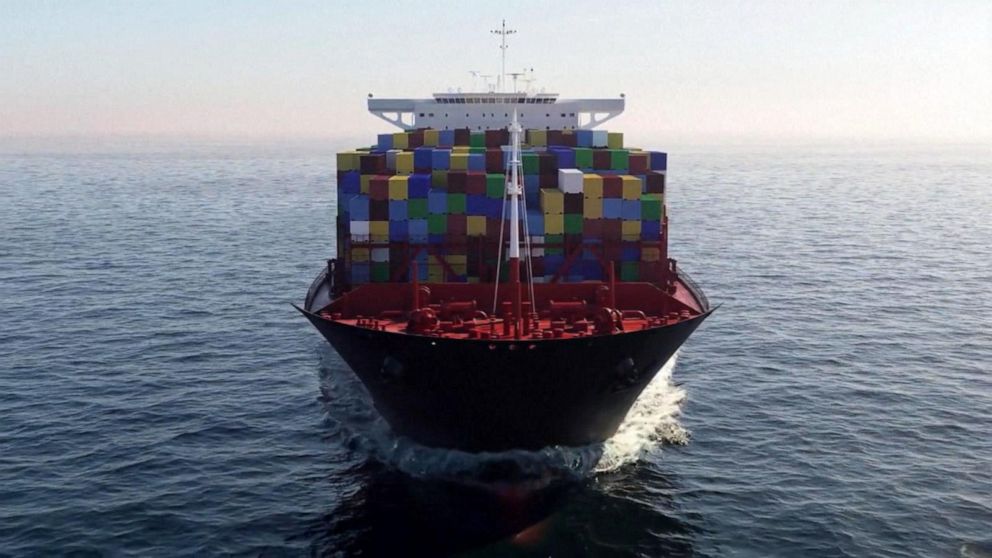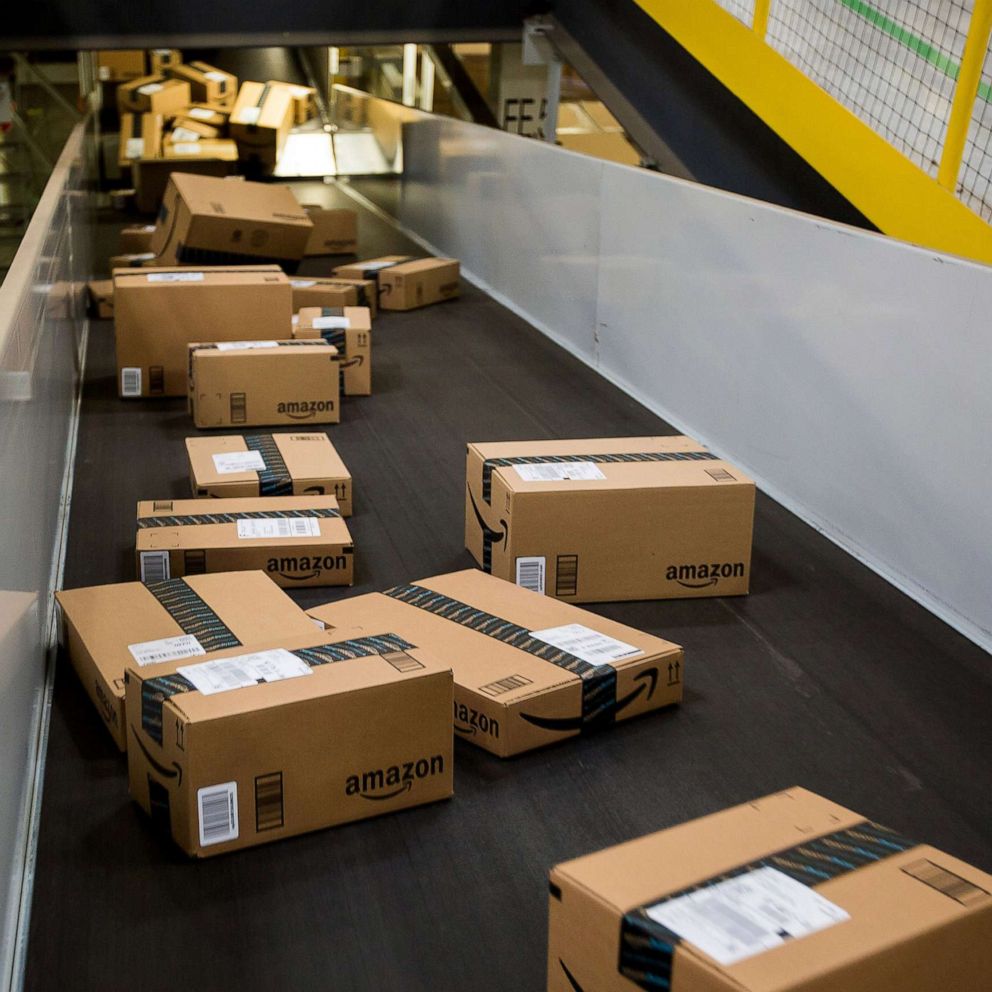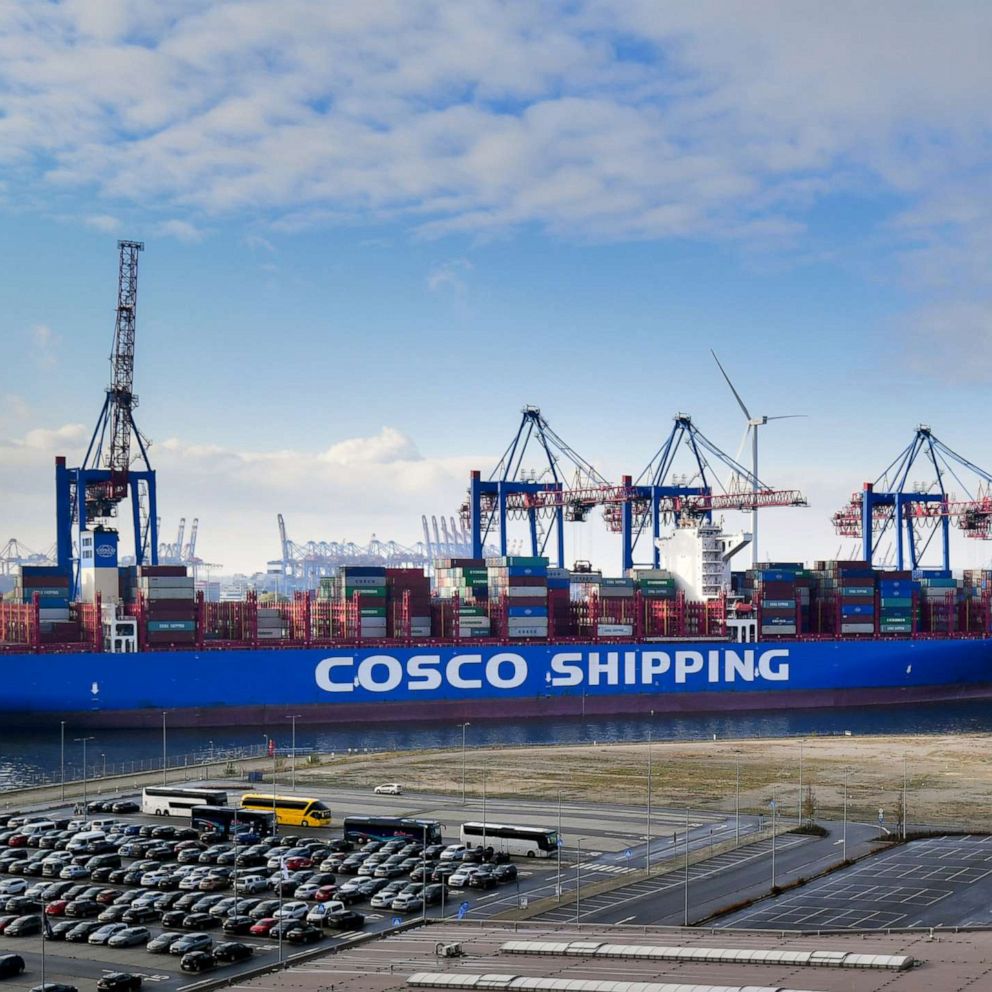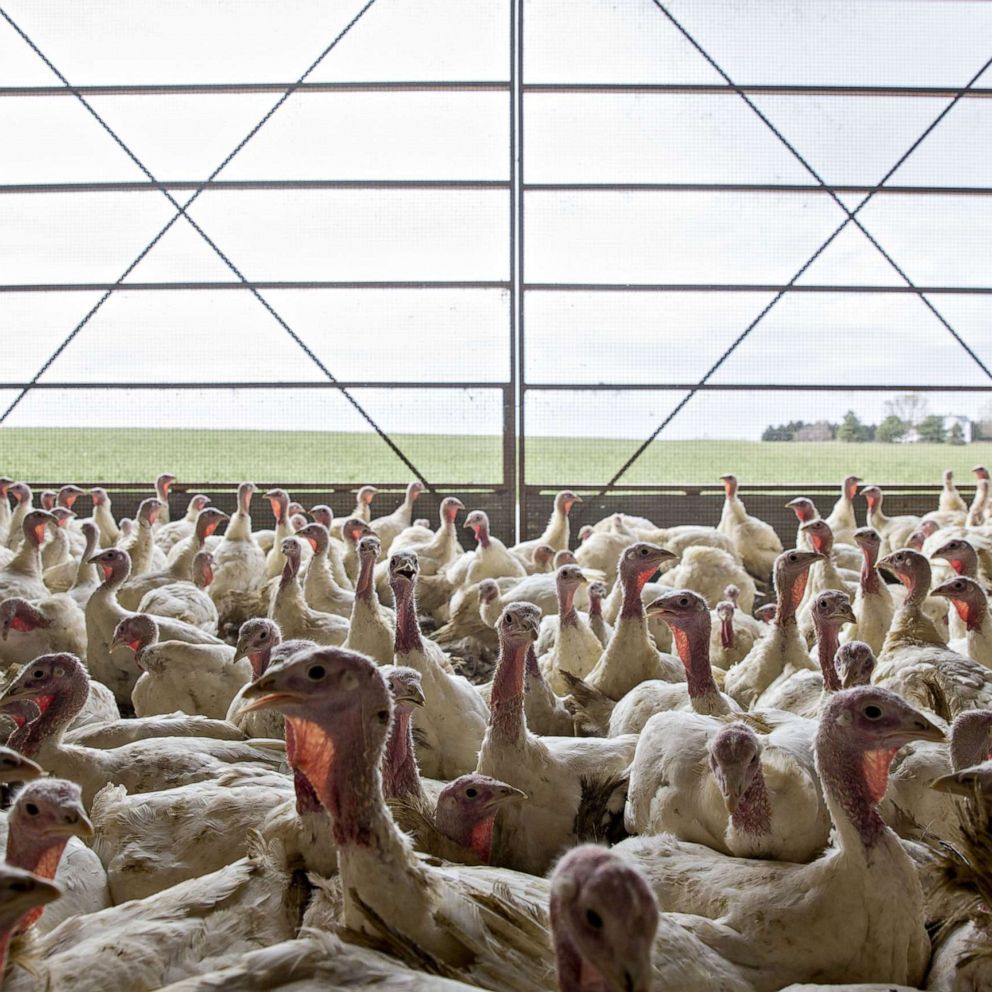How to navigate the supply chain strain this holiday season
"This goes back a long time -- back to the beginning of the pandemic."
The strained supply chain and worldwide shipping crunch has had an impact on everything from holiday shopping to every day goods and services.
"Good Morning America" assembled an expert panel to explain what's happening and shopping strategies to know.
ABC News' chief business correspondent Rebecca Jarvis, ABC News' consumer correspondent Becky Worley and "GMA" e-commerce editor Tory Johnson answer questions related to the supply issue and offer shopping tips for the holiday season.
What's causing the issue?
"This goes back a long time -- back to the beginning of the pandemic when everything shut down," Jarvis said. "Factories all over the world weren't working, but Americans were sitting on their couches and started shopping and they started buying so much stuff. Suddenly there was this giant backlog because factories hadn't created items, people weren't working, there weren't enough people to bring the items to our homes."

"Now we find ourselves in the most important season of all -- holiday shopping season when we buy more ever and not enough stuff has been created. It's sitting in those backlogs and you see those cargo ships -- it's waiting to get into stores and there isn't enough of it as it stands," she continued.
What should consumers expect moving forward?
Some retailers like Costco and Home Depot have commissioned their own cargo ships, but Jarvis explained that medium and smaller companies don't have that same level of control.
"They're getting cancellations for orders that were supposed to come in November. They're being told it's not coming until February," she said of many orders that consumers hoped to have in time for Christmas.
What can shoppers do as we head into the holidays?
Worley said to "start with how you find it."
"Many big chains like Best Buy, Target, they may be sold out of an item online, but remember that's the stock they have in their online warehouse," she said. "Every store is a mini-warehouse, so the item you want could be sitting on a shelf."
Worley suggested using website tools like "pickup in store" and change the location to see if it's available anywhere around you. "But one big caveat before you drive a long distance, call to make sure the item is actually there -- trust but verify."
Any items easier to get than others?
"This time of year it's all about tech," she said, and that anything with a computer chip "has been harder to find."
Worley also advises using apps that check stock from big stores, such as HotStock, which is advertised as able to seek out product availability in real-time.
Shop small and local
Johnson offered a handful of tips for small business operators to be ready for more business and also protect themselves from the same supply issues.
- Communicate with all partners with up to date information
- Share up-to-date status reports
- Make contingency plans
- Try local pop-ups, trunk shows and holiday markets to move merchandise
- Partner with complementary brands for cross-promotion and marketing opportunities
- Leverage social media and e-commerce tools to sell direct to consumers
Navigating by the numbers
Out-of-stock messages have risen 172% compared to pre-pandemic numbers, according to online shopping data analysts at Adobe Analytics. Across the board, Adobe found inflation on many products and cited a 3.3% increase in prices, all attributed to bottlenecks in the supply chain and labor shortages.
The most affected products include clothing, followed closely by sporting goods, baby products and electronics.
The company said it expects these shortage numbers to remain the same in these categories through the holidays.
U.S. products to shop what's actually in stock
With major delays in global manufacturing and delivery, Worley said products made in America are a smart way to shop local. She explained that although some get parts and components overseas that the chances of being able to buy them are better since they have product in stock domestically.
"As for shopping local, your options aren't limited to walking down Main Street, although that's productive and fun," she said. "You can use apps like Local Flavor, Groupon and Yelp to discover new stores."
When it comes to product delays, Worley shared some helpful information from the FTC to ensure customers know their rights.
"If there's delay shipping your order, the seller has to tell you and give you the choice of either agreeing to the delay or cancelling your order for a full refund," the FTC states. Meaning that if a consumer is deserving of that refund, the company has to honor that versus giving a gift card or store credit.







